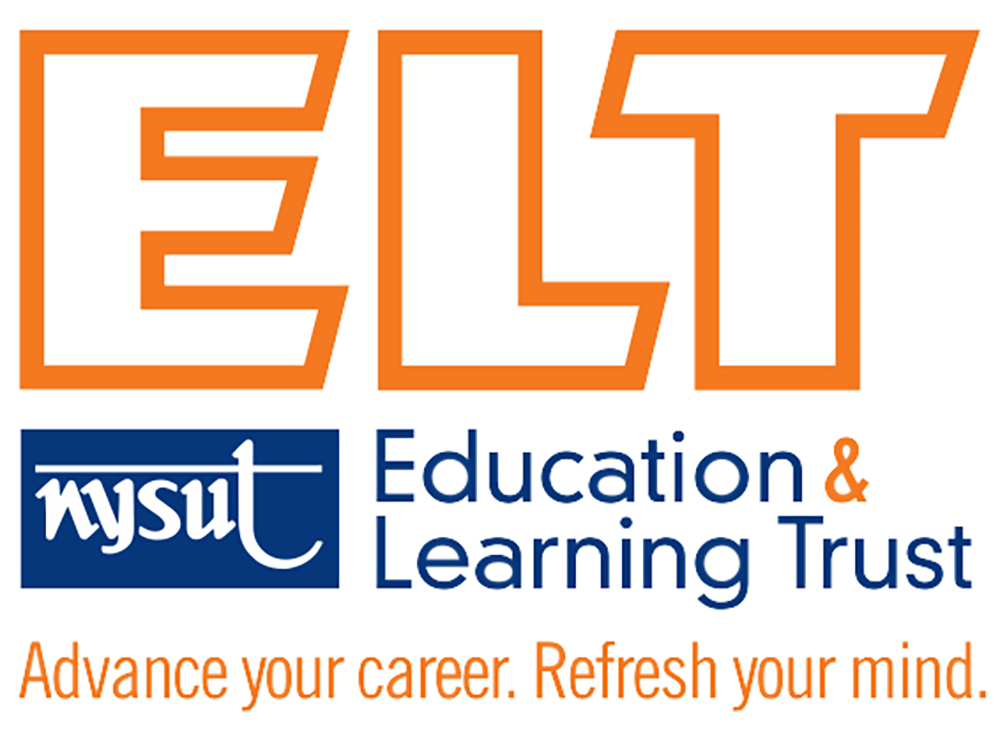Safety seminars available from ELT

o ensure that all schools are secure and welcoming environments for teaching and learning, NYSUT’s Safe Schools for All Task Force is calling for districts to provide regular and ongoing safety training for staff, and more social-emotional supports to address student behaviors.
As we push districts to take action, the union’s Education & Learning Trust offers three seminars that cover effective behavior intervention strategies. Seminars are offered virtually or in person; each is worth 3–7 Continuing Teacher and Leader Education hours. All ELT seminars are discounted for NYSUT members.
Be proactive
“Too often, educators are pressed for time, they respond to student behavior and then continue class. Just as we want our students to reflect on their learning, teachers need the time to reflect on their teaching practices,” Sharoff said. This seminar is the first of a three-part series and Sharoff encourages educators to complete the full series.